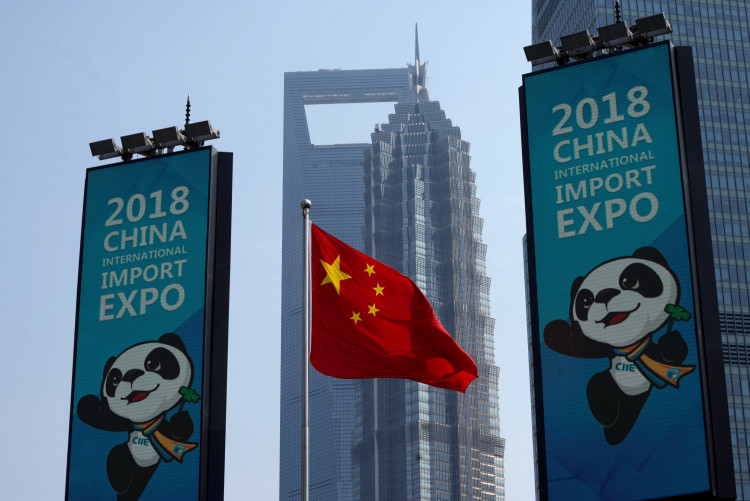As a response to the growing threat of the trade war with the United States, China recently confirmed that the country will host the China International Import Expo which is set to open next week. The import expo is expected to host hundreds of Chinese companies which will shop for billions of dollars' worth of foreign goods.
While this import expo is widely intended to offset the negative effects of the trade war, China said that it is also the country's way of slowly opening up its hugely untapped local market to foreign brands. While many foreign companies have already shown their support for the upcoming import expo, China's trade war opponent, the United States, decided to snub the event which is said to host foreign business executives, as well as leaders of foreign states.
Many analysts have pointed out that China is slowly opening up its trade borders to foreign companies. As such, many believe that Chinese President Xi Jinping will use the China International Import Expo to unveil new market reforms. President Xi described the upcoming expo as "no ordinary exhibition" and that it is part of the country's efforts to open up its markets.
The China International Import Expo will open its doors on Nov. 5 and will run until Nov. 10. Many analysts believe that this huge exhibit shows a positive signal that China is ready to shift from an exports-based economy into an economy that is based on its consumers buying power. It is important to note that China's market, with its 1.4 billion people, is hugely inaccessible to foreign companies.
The organizers of the China International Import Expo claim that the event will lure more than 3,000 foreign companies coming from 130 different countries. Among those top brands that are expected to join are automakers like General Motors and Ford. Top tech companies like Samsung, Foxconn, Microsoft, and Tesla are also expected to participate in the event.
Tech giants like Facebook and Google have also signed up for the event. This is a rather interesting side note as both Facebook and Google are banned in China. But with China easing up on some of its regulations, the two tech giants are looking forward to doing business with the Asian superpower.
Despite the looming repercussions of the trade war with the United States, it would appear that China is slowly shifting its alliances in order to stabilize its market. Many analysts believe that China will no doubt offset the negative effects of the trade war within the foreseeable future.





